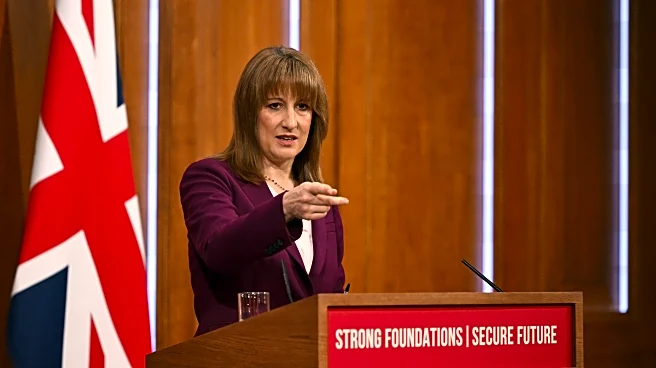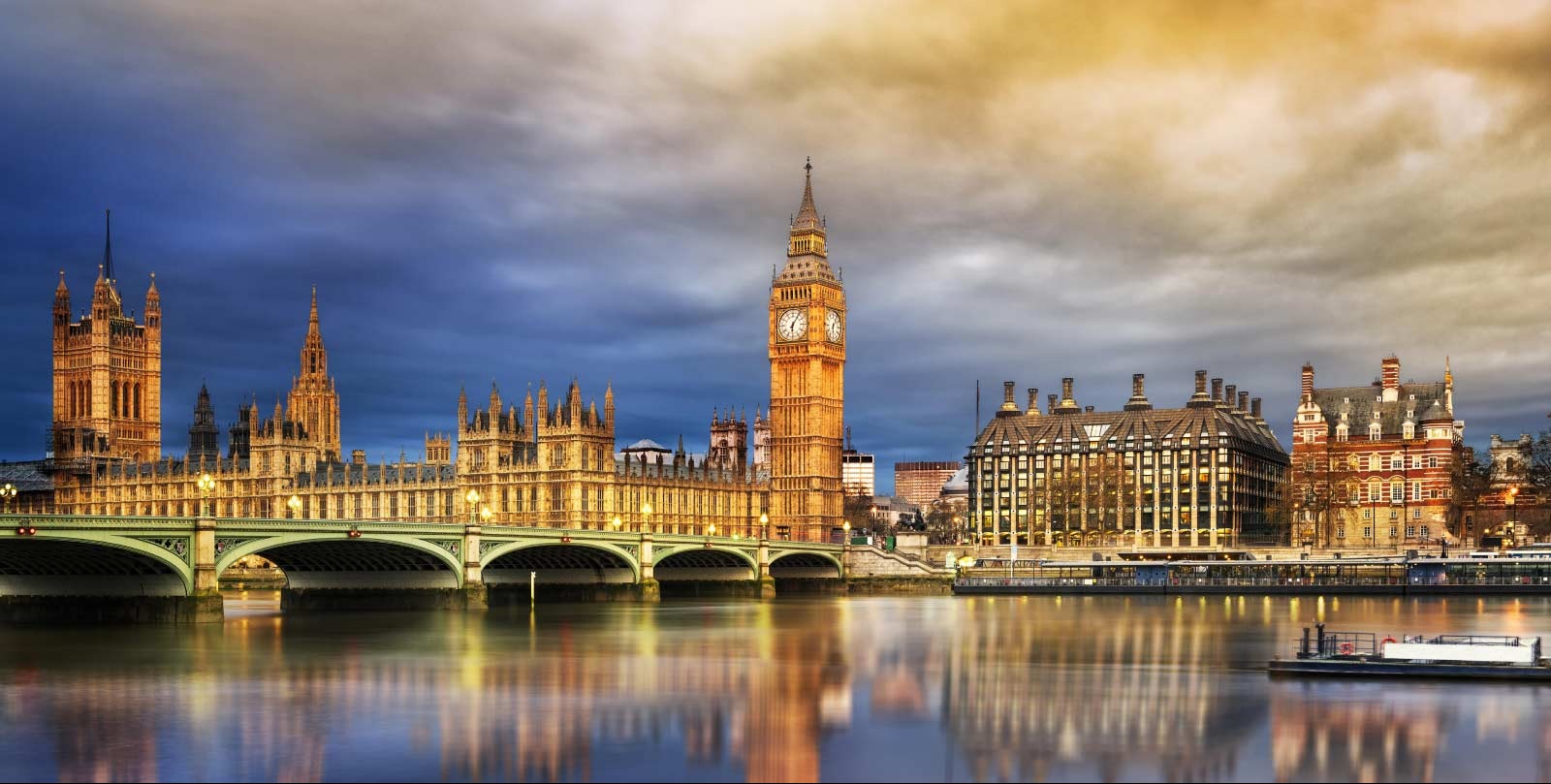What's Happening?
U.K. Treasury Chief Rachel Reeves has announced plans to raise taxes in the upcoming budget, citing a weaker-than-expected economy. In a speech delivered three weeks before the budget announcement, Reeves indicated
that the government would need to break its election pledge not to increase income or sales taxes. She highlighted the need for collective effort to secure the country's future, pointing to high national debt and lower productivity as key challenges. The economic difficulties are compounded by global issues such as U.S. tariffs and volatile supply chains. Critics argue that Reeves' previous tax increases on businesses have exacerbated economic woes.
Why It's Important?
The proposed tax increases are significant as they could impact consumer spending and business operations in the U.K., potentially affecting economic growth. The decision to raise taxes reflects the government's struggle to manage public finances amid high inflation and sluggish growth. The move could also influence international perceptions of the U.K.'s economic stability, affecting foreign investment. The budget's focus on public services and debt reduction highlights the government's priorities but may face opposition from those concerned about the impact on disposable income and business competitiveness.
What's Next?
The budget announcement on November 26 will provide details on the specific tax measures and their implications. Stakeholders, including businesses and consumers, will be closely monitoring the government's decisions, which could lead to further economic adjustments. The government's ability to balance fiscal responsibility with economic growth will be critical in shaping the U.K.'s economic trajectory.













